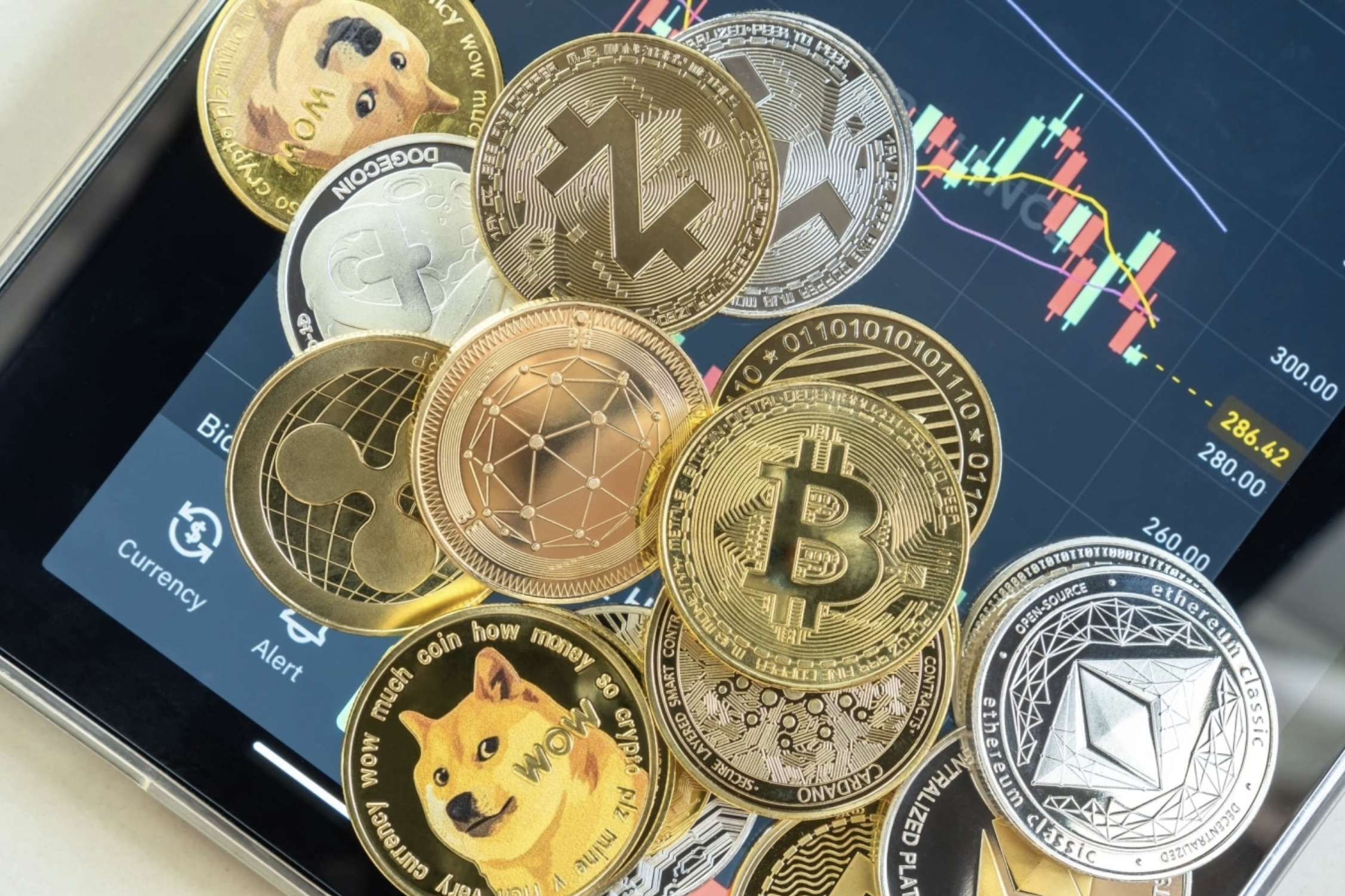The Ministry of Finance is seeking feedback on a draft decree to establish International Finance Centers in two locations: Ho Chi Minh City and Da Nang. Each center will have distinct roles and development orientations.
In Da Nang, the International Finance Center will implement a regulatory sandbox for new financial models such as digital assets, cryptocurrencies, and digital payment and transfer solutions. It will also allow the creation of new trading platforms.
Beyond testing new financial models, the Da Nang center will focus on developing areas like green finance and commercial finance for small and medium-sized enterprises. It will support innovative businesses, provide offshore financial services for non-residents, and promote cross-border trade linked to free trade zones, high-tech parks, open economic zones, and industrial parks.
Da Nang also aims to attract investment funds, remittance funds, and small and medium-sized fund management companies. It will encourage the development of startups providing financial solutions for consumption, tourism, trade, and logistics. Support activities such as consulting, legal services development, and other related services will also be emphasized.
The Da Nang International Finance Center will prioritize innovation and the application of strategic technologies, including artificial intelligence (AI), cloud computing, quantum computing, big data, and blockchain to gain a competitive edge over other financial centers in the region.
 |
Logos of Bitcoin and other popular cryptocurrencies. Illustrative photo: CNBC |
Logos of Bitcoin and other popular cryptocurrencies. Illustrative photo: CNBC
Testing digital assets and cryptocurrencies typically occurs within a financial sandbox, a controlled testing mechanism. This allows for the deployment of new models within a defined scope, time frame, target audience, and conditions to assess effectiveness and risks before official implementation. These models can include cryptocurrency exchanges, digital payment solutions, and digital transfer solutions.
The proposal to test digital assets, cryptocurrencies, and new financial models was previously suggested by Da Nang to government leaders during a meeting last June. The Ministry of Finance is also drafting a resolution on piloting the crypto asset market, expected to be issued by the government this month. The number of participating exchanges will be "more than one, but not too many" to ensure competition and facilitate evaluation.
The Vietnam Blockchain Association (VBA), citing data from Chainalysis, reports that blockchain market capital inflows to Vietnam reached over 105 billion USD between 2023 and 2024, generating nearly 1.2 billion USD in profit (2023). According to a 2024 Triple-A report, over 20% of the Vietnamese population owns cryptocurrency. Vietnam is also among the top three countries in the crypto adoption index according to Chainalysis, with 3 to 4 times higher prevalence than the global average.
Phan Duc Trung, Chairman of the Vietnam Blockchain Association (VBA), emphasizes the necessity of piloting cryptocurrency exchanges in Vietnam. This will allow Vietnam to establish clear capital mobilization policies, attracting businesses and individuals to issue crypto assets transparently. Furthermore, capital for large-scale national projects could be raised through crypto asset issuance, attracting diverse investors and increasing bond liquidity.
Unlike Da Nang, the International Finance Center in Ho Chi Minh City is envisioned as a hub for financial capital, technology, and high-quality human resources from financial institutions, banks, and large investment funds, following a cluster model. The goal is to create a center providing specialized financial services, maximizing synergy between capital mobilization, investment, savings, payments, and financial product issuance.
Ho Chi Minh City will focus on developing the capital market linked to asset management, fund management, insurance, and derivative products. It will also implement a fintech sandbox and promote financial innovation. Additionally, the center will establish specialized trading platforms, develop commodity and commodity derivative markets, regional supply chain services, logistics centers, and seaport transportation.
Phuong Dung












